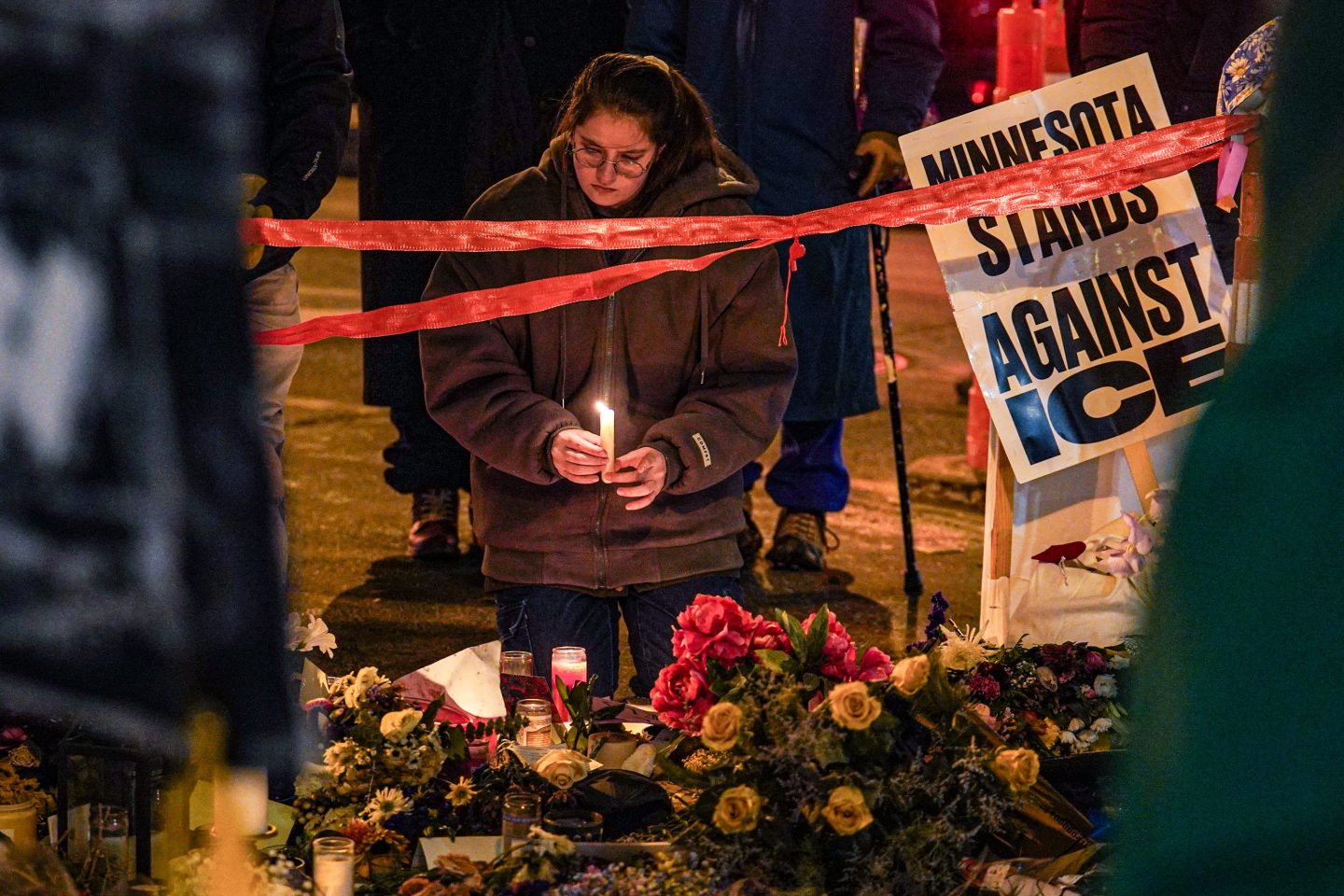Iran said the U.S. must first return to the 2015 nuclear deal and lift sanctions if it wants to start talks with the Islamic Republic, appearing to snub an effort by the Biden administration to begin direct discussions before officially rejoining the accord.
The “key sequence” for nuclear talks between the Iran and U.S. is commitment, action then a meeting, Iranian Foreign Ministry spokesman Saeed Khatibzadeh said in a tweet on Friday.
The reaction — and a similar comment from Iran’s foreign minister — highlighted the challenges in ending an impasse that has threatened to tip the Persian Gulf region into a new conflict in the years since former President Donald Trump exited the 2015 deal and reimposed sanctions.
On Thursday, the Biden administration said it would be willing to meet with Iran to discuss a “diplomatic way forward” in efforts to return to the nuclear deal, a first step toward easing tensions.
“The United States would accept an invitation from the European Union High Representative to attend a meeting of the P5+1 and Iran to discuss a diplomatic way forward on Iran’s nuclear program,” State Department spokesman Ned Price said in a statement. The P5+1 refers to the participants in the nuclear deal with Iran: China, Russia, France, the U.K., the U.S and Germany.
Reminder: Because of US withdrawal from JCPOA, there is NO P5+1.
It is now ONLY Iran and P4+1.
Remember, Trump left the room and tried to blow it up.
Gestures are fine. But to revive P5+1, US must Act: LIFT sanctions.
We WILL respond.
Here is the key sequence: #CommitActMeet— Saeed Khatibzadeh (@SKhatibzadeh) February 19, 2021
Biden also lifted travel restrictions on Iranian enjoys and reversed a Trump-era claim that the U.S. had reimposed — or “snapped back” — United Nations sanctions on Iran, according to a letter sent to the UN Security Council and seen by Bloomberg.
The offer is a politically risky effort by President Joe Biden to move beyond the standoff after the slew of U.S. sanctions cratered Iran’s economy and infuriated other world leaders, who argued that the accord and the inspections regime it created had reined in Tehran’s nuclear program.
European parties to the nuclear deal welcomed the U.S. overture. Kremlin spokesman Dmitry Peskov told reporters on a conference call Friday that Russia has “repeatedly reaffirmed its commitment” to the nuclear pact.
While a turn away from a policy of sanctions is “by itself” a good thing, “it is the restoration of the JCPOA regime that is important,” Peskov said, using a formal abbreviation for the accord.
The U.S. offer to hold talks was aimed at restoring a diplomatic pathway with Iran, which has been gradually abandoning its commitments under the nuclear deal in response to the Trump administration’s “maximum pressure” sanctions campaign.
U.S. and European officials are particularly alarmed by Iran’s decision to stop letting the International Atomic Energy Agency conduct snap inspections by suspending the so-called Additional Protocol from Feb. 23.
But politics loom large on both sides. The Biden administration doesn’t want to be seen as offering too much to Tehran and risk getting burned if an agreement can’t be reached.
President Hassan Rouhani wants to save the accord and his legacy before he leaves office later this year, but he’s determined not to cave into U.S. demands. His hardline opponents — who control most of Iran’s powerful state institutions and are likely to dominate June’s presidential elections — oppose any engagement with the U.S. and want closer ties with Russia.
–With assistance from Ilya Arkhipov.











